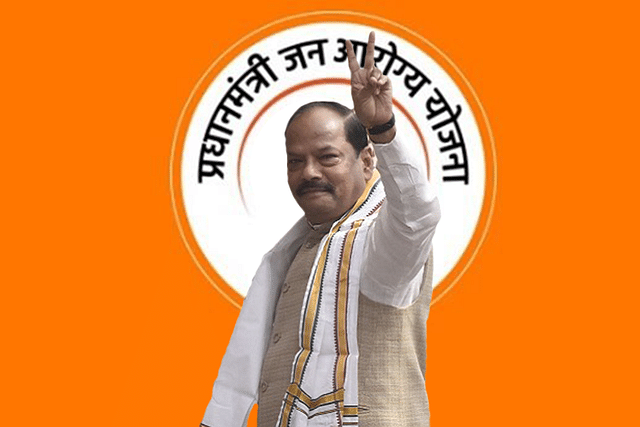
Jharkhand: First Hospital Dedicated To Ayushman Bharat Beneficiaries Comes Up As Part Of Healthcare Push
Jharkhand has become the only state in India to have a hospital dedicated to Ayushman Bharat Pradhan Mantri Jan Arogya Yojana beneficiaries. Chief Minister Raghubar Das inaugurated the 30-bed hospital at Jamshedpur’s Tinplate township last week.
The hospital, which will be managed by Tata Steel, will offer 24x7 orthopaedic general surgery, pediatric and critical care facilities.
From Friday (16 August), Jharkhand will also become the only state to have ‘mohalla clinics’ on the lines of the ones in Delhi. On this day 25 Atal Mohalla Clinics will come up across the state.
These clinics, located in slums and villages, will function as primary health centres and will provide free diagnostic facilities, treatment and medicines for minor ailments.
These mohalla clinics will open early mornings and evenings so that labourers and farmers do not have to lose wages or waste time for getting minor ailments attended to at hospitals where OPDs function only during normal working hours, said Jharkhand Health Minister Ramchandra Chandravanshi.
Every clinic will offer an OPD, vaccination, maternity and post-natal services, along with tests for malaria, tuberculosis and other such ailments.
All the 25 clinics will start functioning from 16 August, the death anniversary of former prime minister Atal Bihari Vajpayee.
The one-week period from 16 to 23 August will also witness a drive to enrol more people under the Ayushman Bharat scheme.
Chief Minister Das said that while 25 lakh ‘golden cards’ under the health insurance scheme have already been issued, the state has set a high enrolment target of extending free health insurance coverage to 85 per cent of the state’s population, thus benefiting 57 lakh families.
Das said that the state government will waive the nominal fee of Rs 30 that was being charged for the ‘golden’ insurance cards.
Jharkhand has empanelled 219 government hospitals and 429 private hospitals under the Ayushman Bharat scheme. More than two lakh people have already undergone treatment and surgeries.
The state has also rolled out 329 ambulances under the ‘Dial 108’ project and has introduced ‘motorbike ambulances’ for ferrying patients to hospitals from remote, inaccessible and hilly areas where four-wheelers cannot reach.